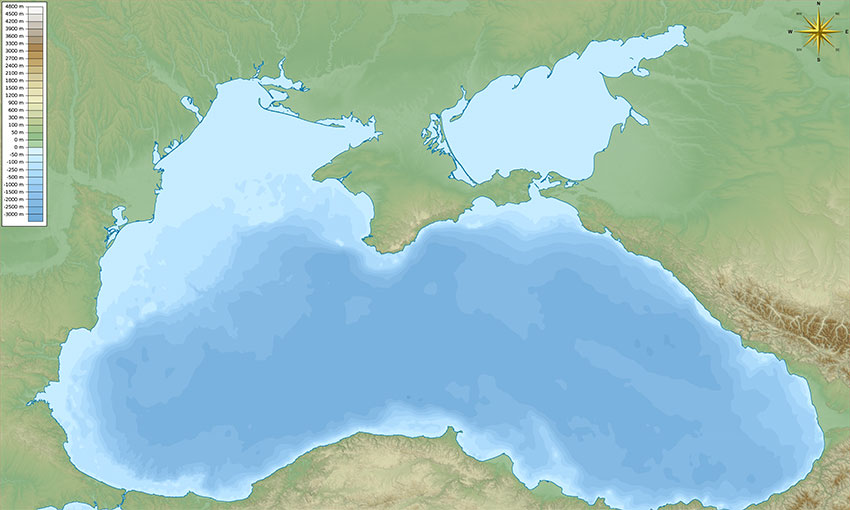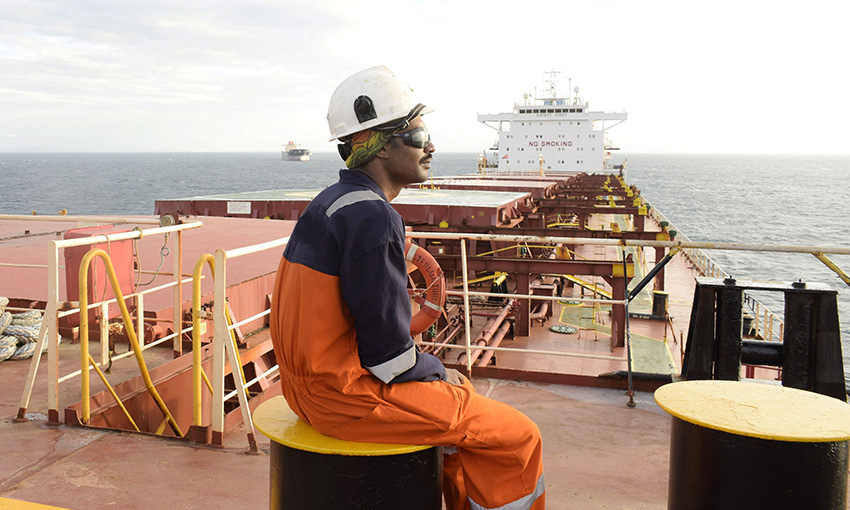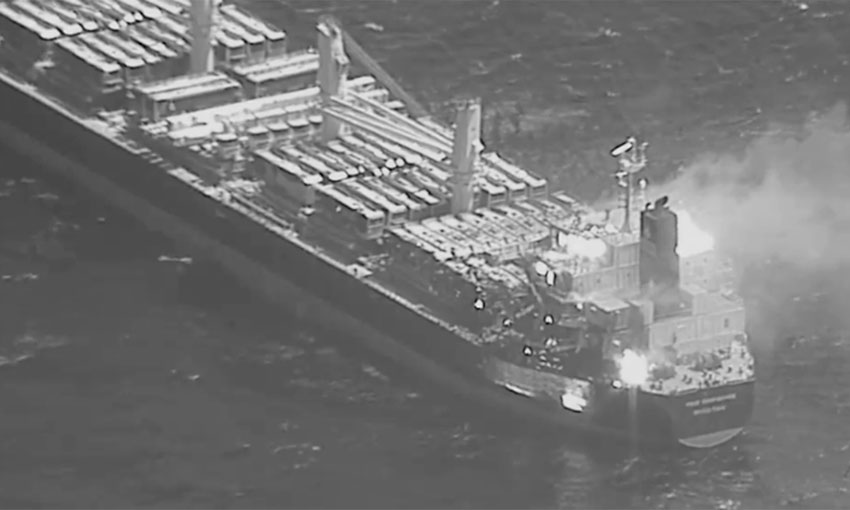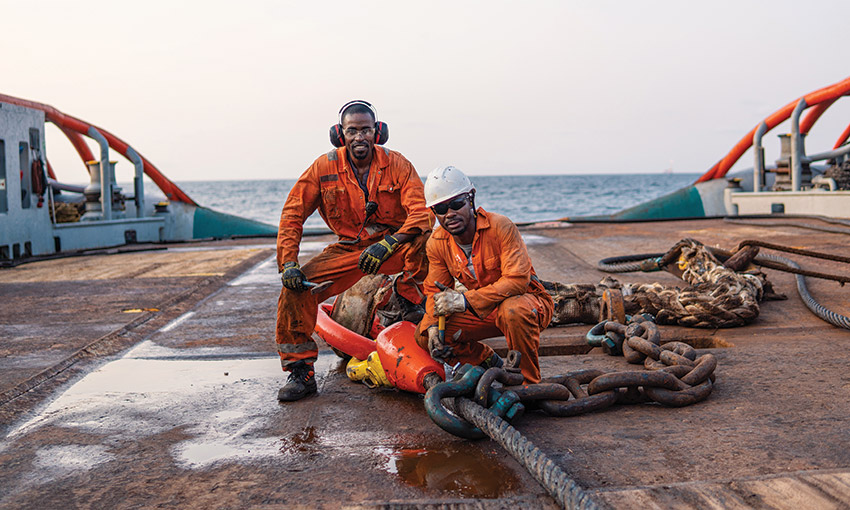THE INTERNATIONAL Maritime Organization held an extraordinary session of its Council last week to address the impacts on shipping and seafarers of the situation in the Black Sea and the Sea of Azov.
The IMO Council “deplored in the strongest terms” Russian aggression against Ukraine and demanded that Russia cease its use of force against Ukraine.
It also strongly condemned Russia’s violation of the territorial integrity and sovereignty of a UN member state, extending to its territorial waters. The IMO said this is inconsistent with the UN Charter and the purposes of the IMO and “represents a grave danger to life and serious risk to safety of navigation and the marine environment”.
The IMO Council also “deplored the attacks of the Russian Federation aimed at commercial vessels, their seizures, including search-and-rescue vessels, threatening the safety and welfare of seafarers and the marine environment”.
And the Council underscored the “paramount importance” of preserving the safety and welfare of seafarers and urged member states and observer organisations to provide “maximum assistance” to seafarers caught in the war.
The Council also said it would encourage the establishment of a “blue safe maritime corridor” to allow the safe evacuation of seafarers and ships from the affected areas in the Black Sea and the Sea of Azov.
And, the Council welcomed the proposal that a number of steps should be taken to reduce the suffering of seafarers and their families, as follows:
- as a priority, ships should be allowed to sail form the ports of Ukraine at the earliest opportunity without threat of attack;
- for those ships that cannot leave immediately, or where it would be unsafe to do so due to the presence of sea mines or other hazards, humanitarian corridors should be set up that enable the safety of seafarers by allowing them to leave the conflict zone and return home, as appropriate;
- any form of harassment of seafarers due to their nationality should be condemned;
- seafarers affected by the conflict should be allowed free access to communications with their families;
- states should ensure that seafarers are able to access their wages;
- states should acknowledge the key worker status of seafarers and allow their unrestricted movement;
- taking into account the key worker status of seafarers, states involved should strongly consider exempting their seafarers from mandatory military service; and
- where port state control officers are presented with expired documentation, a pragmatic approach to the inspection should be taken, considering the exceptional nature of the situation.





